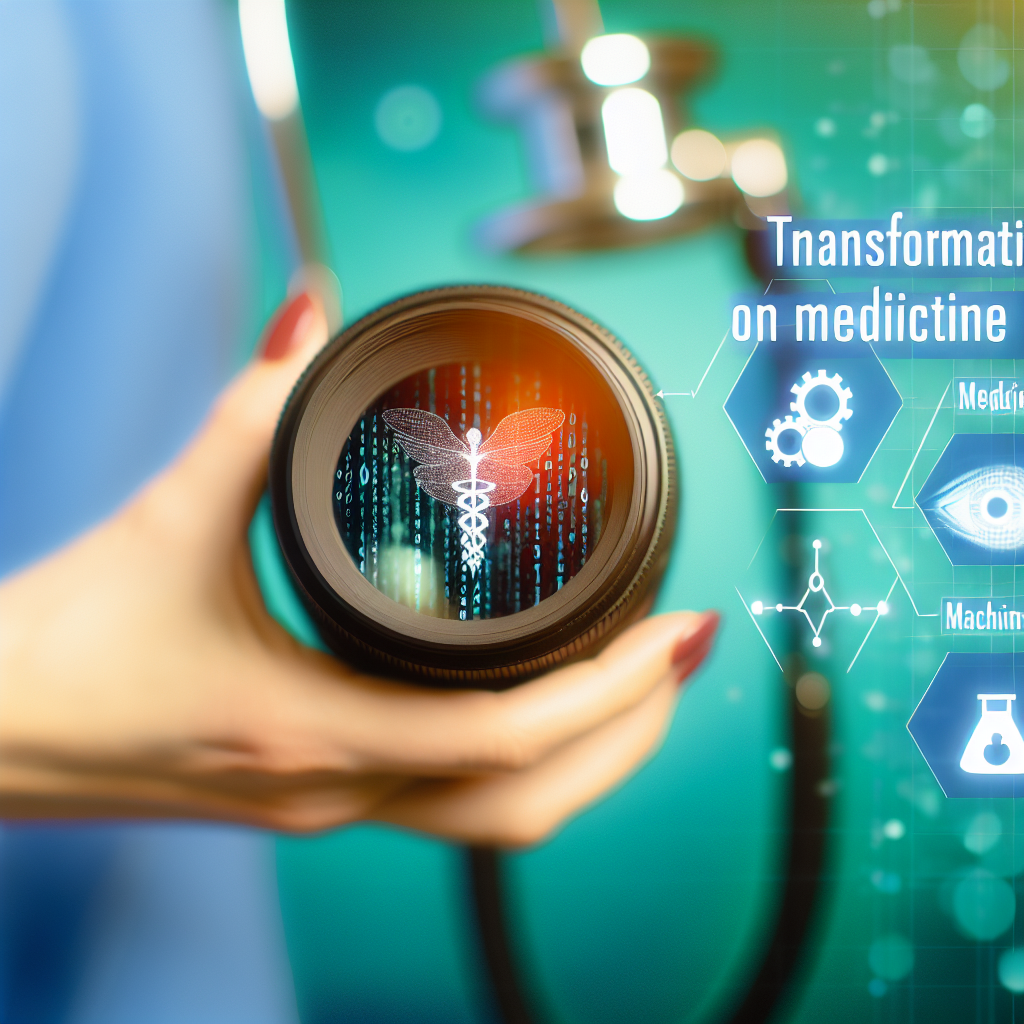Machine learning and data science are transforming the field of medicine, offering unprecedented opportunities for improved diagnostics, personalized treatment, and healthcare efficiency. This article explores the current progress and future potential of these technologies in medicine, highlighting how data-driven insights are shaping a new era of medical innovation and patient care.
Harnessing Data Science for Medical Advancements
Data science employs sophisticated algorithms and statistical models to extract meaningful insights from vast quantities of health-related data. In medicine, this translates into developing predictive models that can assist with early diagnosis, disease prognosis, and treatment planning. For example, machine learning models trained on electronic health records (EHRs) can identify subtle patterns associated with certain diseases, often before symptoms fully manifest.
Progress in Medical Data Science includes:
- Improved Diagnostic Accuracy: Algorithms analyzing medical images, such as radiographs and MRIs, now outperform traditional methods in detecting anomalies like tumors or fractures.
- Personalized Treatment Plans: Patient-specific data allows clinicians to tailor therapies based on genetic profiles, lifestyle factors, and previous responses, thereby increasing effectiveness and reducing side effects.
- Predictive Analytics for Disease Outbreaks: Combining public health data and environmental factors enables early identification of potential epidemics, facilitating prompt intervention.
Challenges and Future Opportunities
Despite promising progress, integrating machine learning and data science into mainstream medicine encounters several challenges. Data quality and privacy concerns remain significant barriers, as sensitive health information must be protected while ensuring models are trained on representative and unbiased datasets. Additionally, interpretability and explainability of AI-driven decisions are crucial for clinical adoption.
Looking ahead, several key opportunities emerge:
- Enhanced Multi-Omics Integration: Combining genomics, proteomics, metabolomics, and other omics data can unlock deeper understanding of disease mechanisms and lead to more targeted therapies.
- Real-Time Monitoring and Wearable Devices: Continuous health data collection empowers proactive healthcare management and early intervention, reducing hospitalizations and improving outcomes.
- AI-Augmented Medical Workflows: Automating routine tasks allows healthcare providers to focus more on patient-centric care, while AI assists in complex decision-making processes.
Conclusion
Machine learning and data science are poised to revolutionize medicine by enabling more accurate diagnostics, personalized treatments, and efficient healthcare systems. While challenges like data privacy and interpretability must be addressed, the future offers immense opportunities for innovation. Embracing these technologies will ultimately lead to better patient outcomes and a more effective healthcare paradigm.
